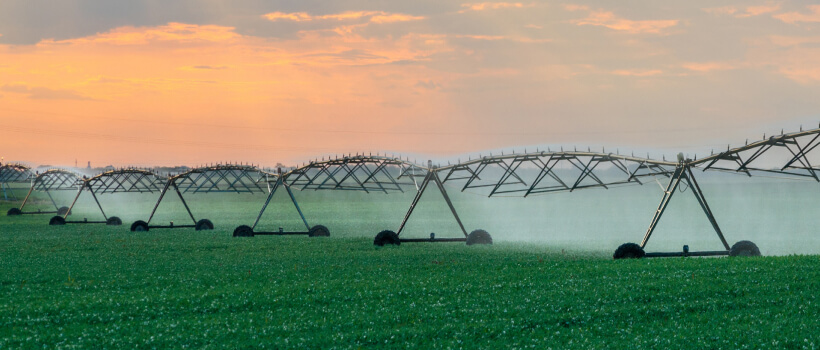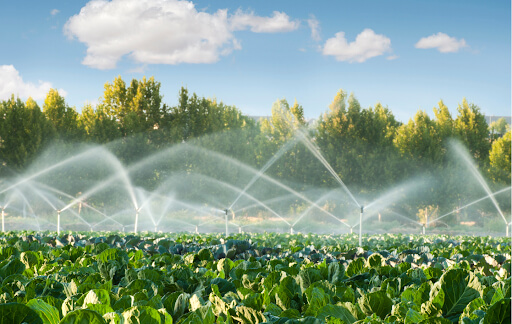 1-800-805-5783
1-800-805-5783 
In the world of modern agriculture, the need for efficient water management is a pressing issue. Climate change and the rapid depletion of water resources necessitate a shift from traditional irrigation methods towards more innovative and sustainable techniques. Two notable approaches have risen to the forefront: automated and smart irrigation systems. Both embody the concept of precision irrigation, an advanced watering strategy geared towards conserving water and boosting productivity.
Precision irrigation refers to the controlled, precise application of water to crops. The goal is to apply the right amount of water at the right time and place. By leveraging state-of-the-art technology, precision irrigation transforms the agricultural sector, enabling farmers to maximize yield, conserve water resources, and reduce operational costs.
Automated irrigation systems are among the most advanced forms of precision irrigation. These systems take over the time-consuming task of manually watering fields, ensuring optimal water usage, and freeing farmers to focus on other important tasks.

An automated irrigation system uses a network of sensors and controllers programmed to monitor soil moisture levels, weather conditions, and crop water needs. When the sensors detect that crops require water, the system automatically initiates irrigation. This not only eliminates the guesswork of when to water crops, but it also promotes water conservation by preventing overwatering.
Automated irrigation systems offer many benefits. They can lead to substantial water and energy savings, improve crop yields, and minimize the labor required for irrigation. Additionally, they contribute to environmental sustainability by reducing water runoff, soil erosion, and the leaching of fertilizers and pesticides into groundwater.
While automated systems manage irrigation tasks, smart irrigation systems take it a step further by utilizing advanced technologies such as Artificial Intelligence (AI), Machine Learning (ML), and the Internet of Things (IoT). A smart irrigation system is essentially an automated irrigation system with added layers of intelligence and interactivity.
Also read: Revolutionizing Agriculture: The Role of AI and Machine Learning in Smart Farming.
Smart irrigation systems collect and analyze data from various sources, such as soil moisture sensors, weather forecasts, and crop evapotranspiration rates. This data is then processed using advanced algorithms to make real-time irrigation decisions, which optimize water usage and enhance crop productivity. The systems can adapt to changing conditions, adjusting the watering schedule and volume as necessary.
Smart irrigation systems often come with user-friendly interfaces, allowing farmers to monitor and control their irrigation from anywhere using a smartphone or a computer. This feature gives farmers greater control and flexibility over their irrigation practices, further enhancing efficiency and productivity.
As our world grapples with the effects of climate change and diminishing water resources, the importance of efficient irrigation methods cannot be overstated. Automated and smart irrigation systems embody the potential of technology to usher in a more sustainable future for agriculture. Investing in these precision irrigation techniques can conserve our precious water resources, boost agricultural productivity, and foster a more sustainable planet. The agricultural industry must continue to adopt and refine these innovative systems, creating a smarter, more sustainable future for all. Precision irrigation offers a path toward this goal through automated and smart systems, revolutionizing the farming industry one drop at a time.